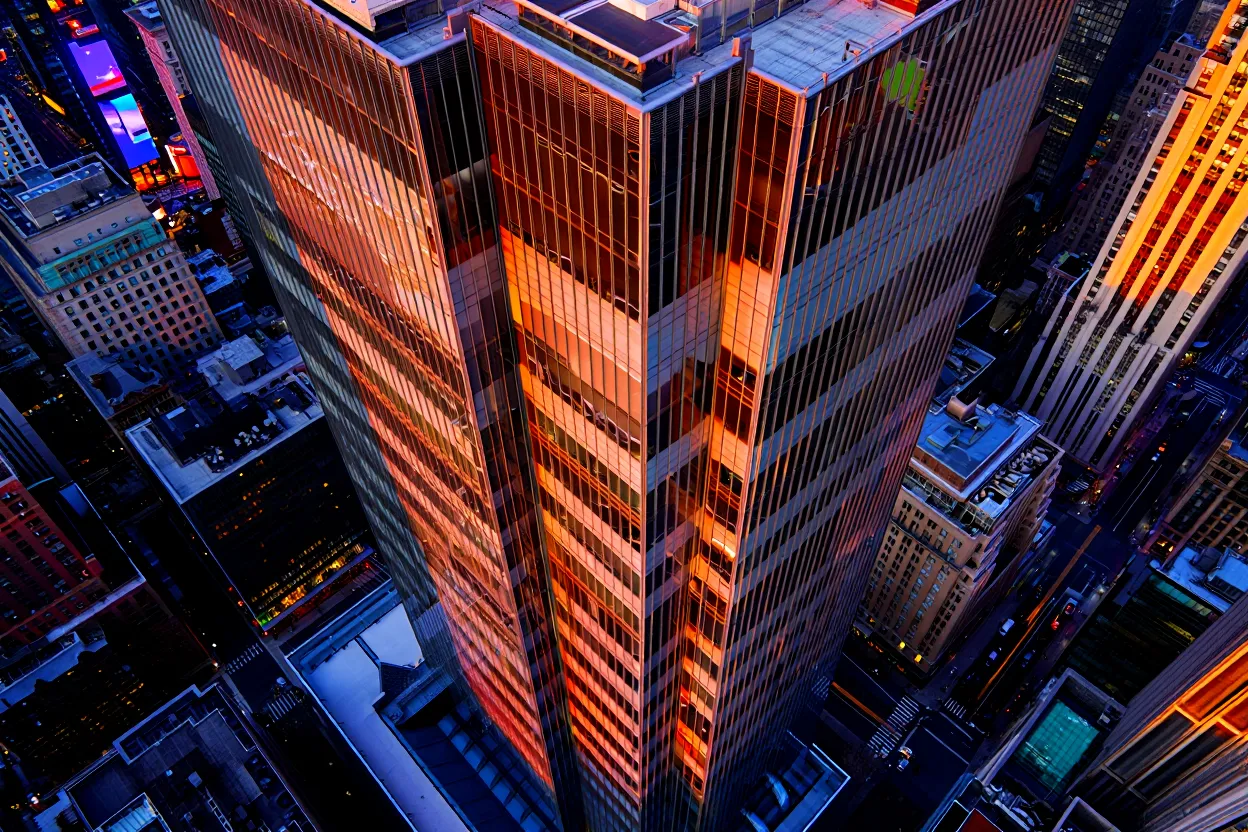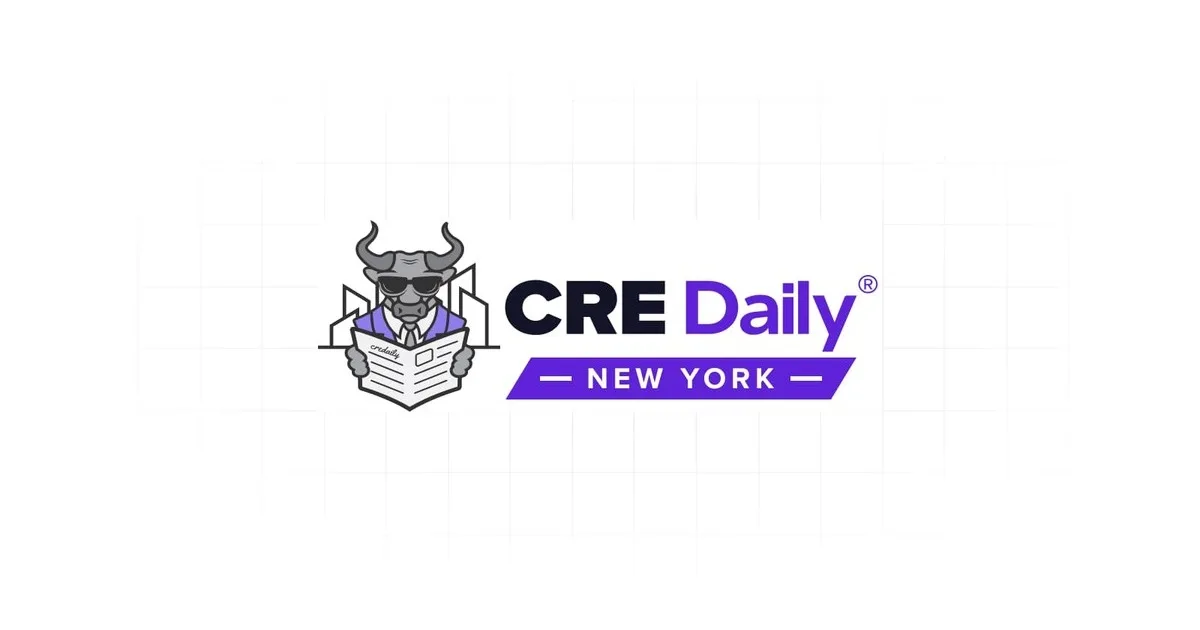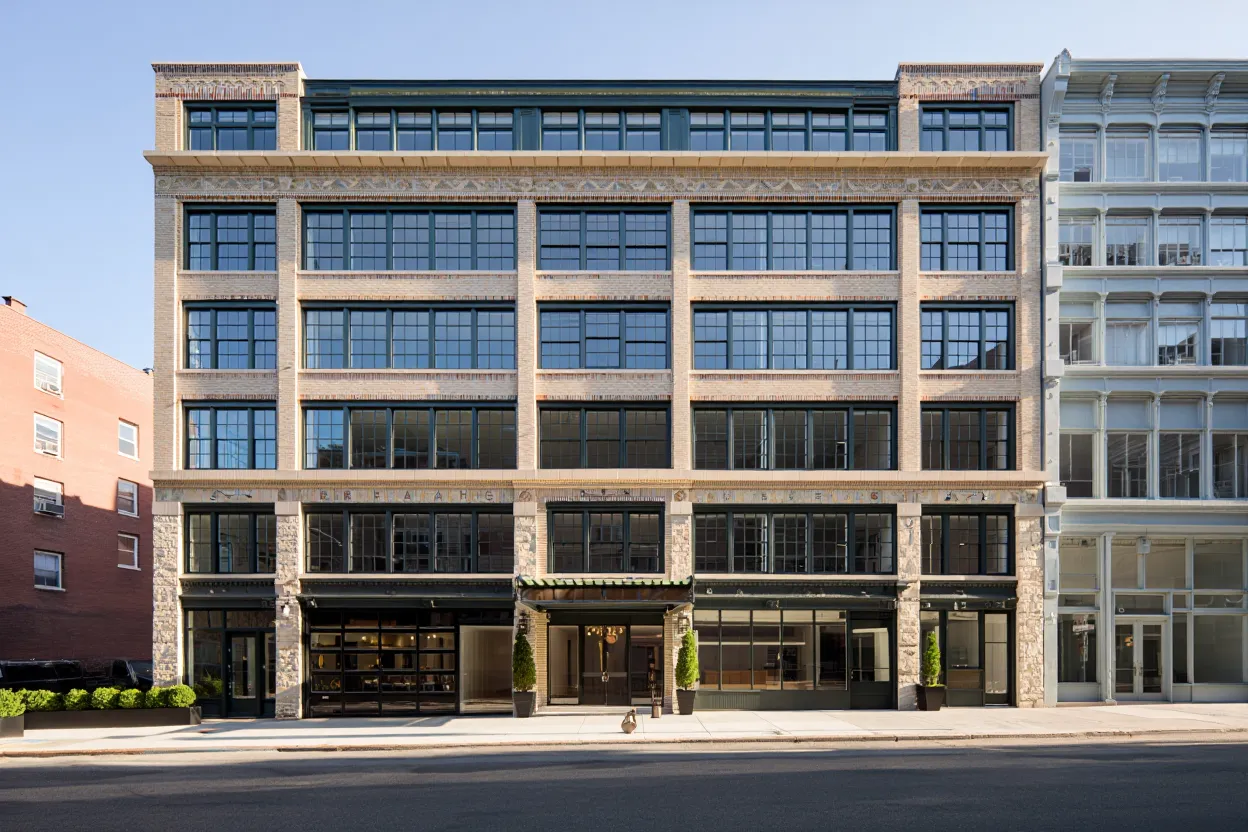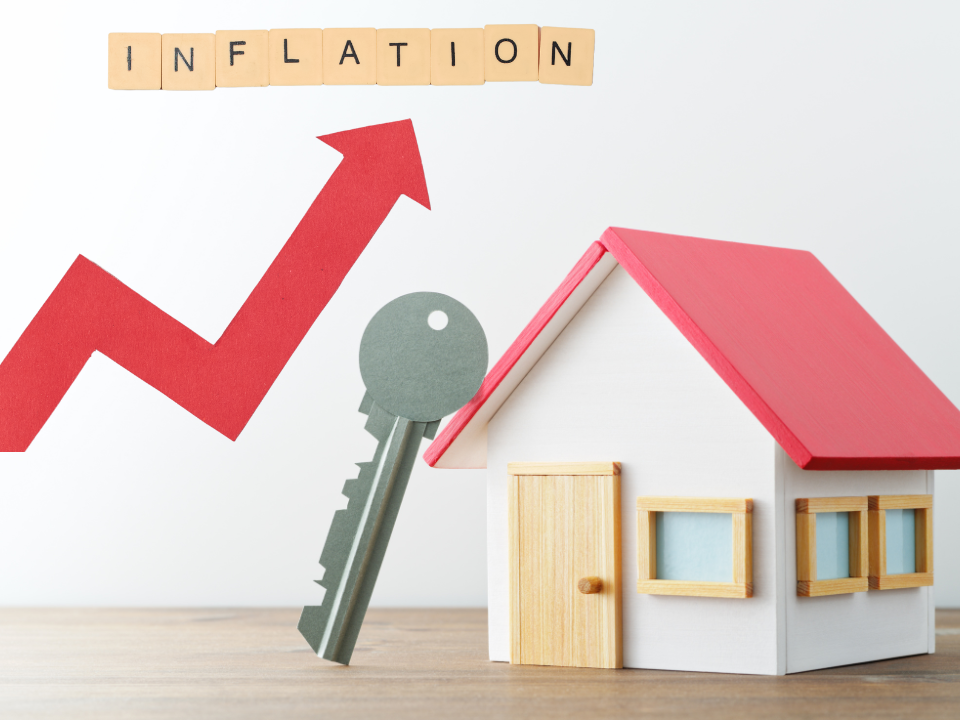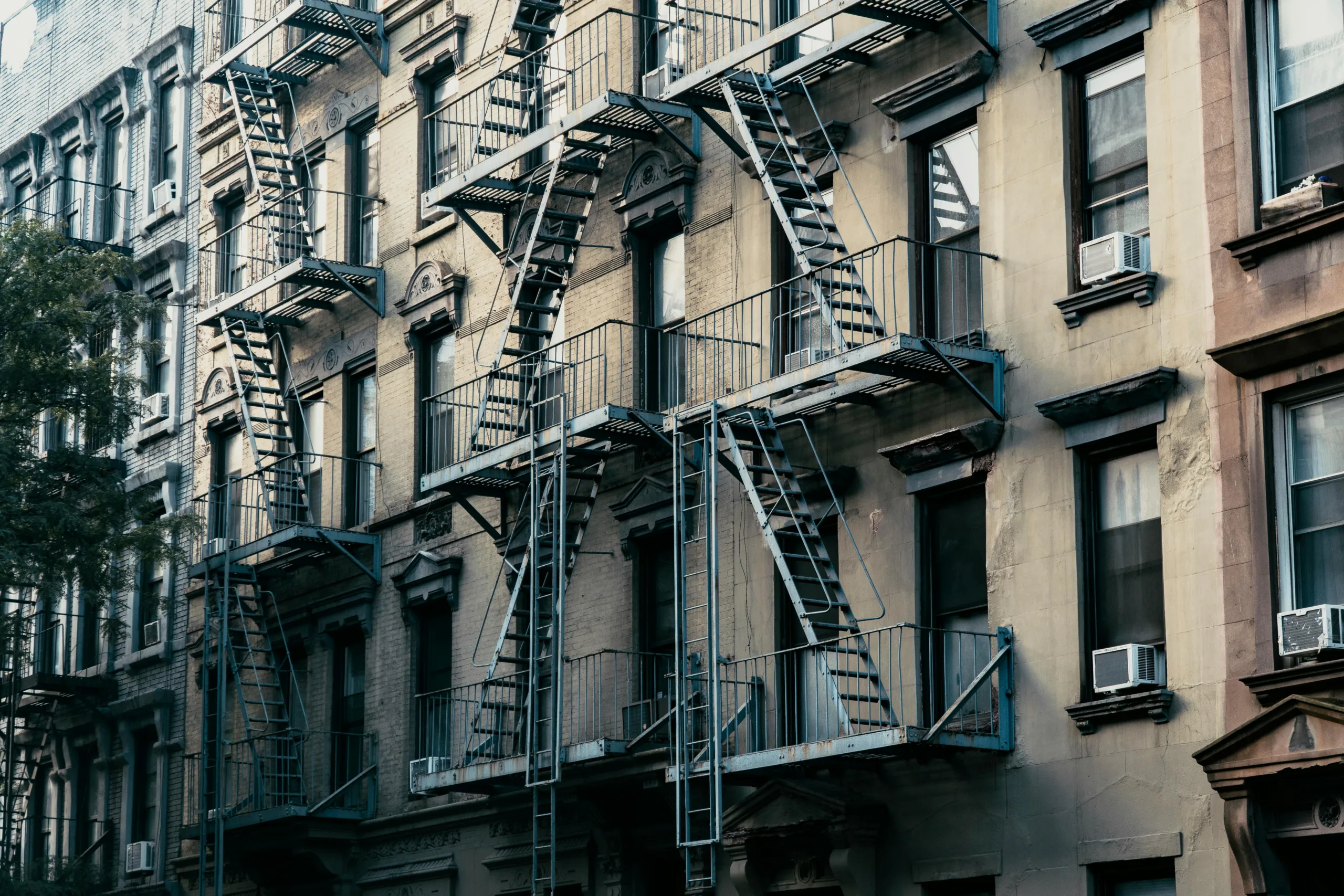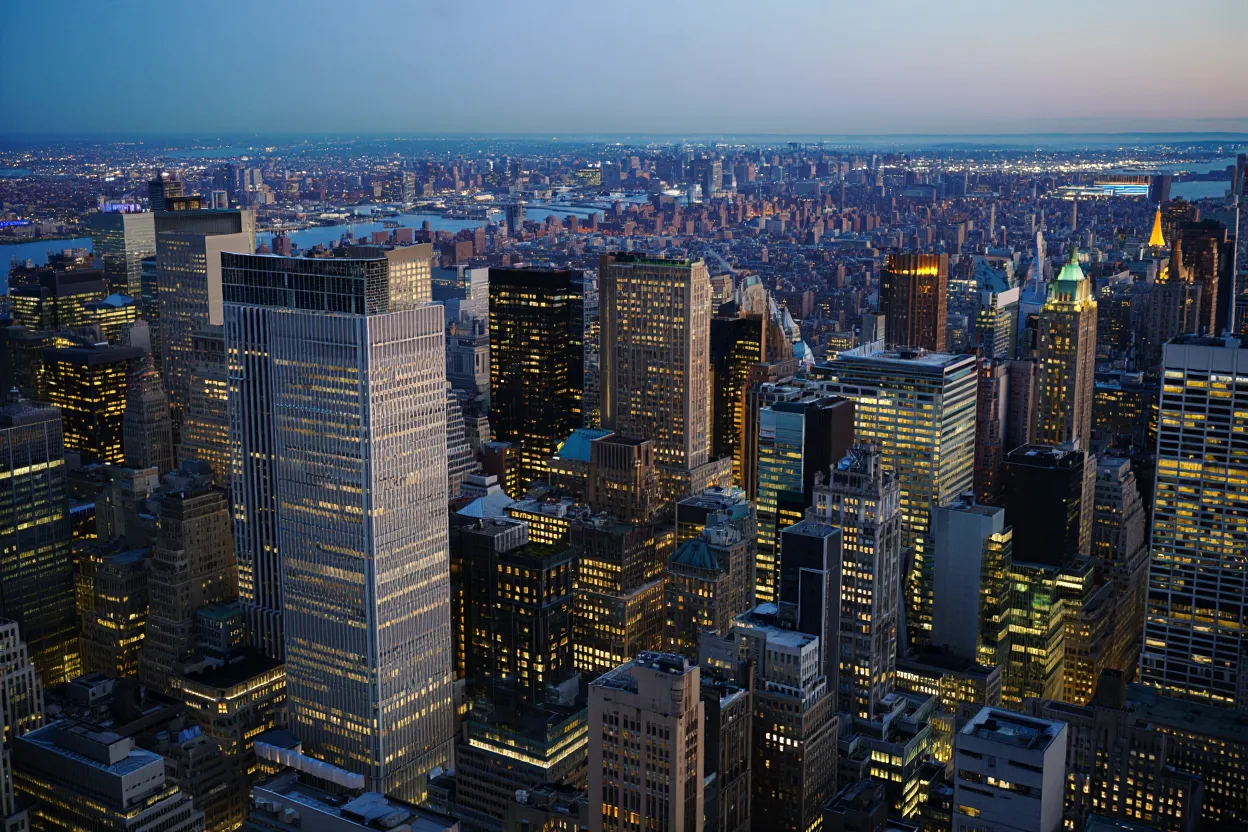- After a brief slowdown, rents are climbing again in several Northeast and Midwest cities.
- While national rent growth remains flat due to high supply in the Sunbelt, strong job growth and limited home-buying options are driving up rents elsewhere.
- Rising rents complicate efforts to ease inflation, with shelter inflation still running high despite cooler inflation data.
According to the WSJ, apartment dwellers in several Northeast and Midwest cities are facing rising rents again. Fed Chairman Jerome Powell believes rising rents could complicate the Federal Reserve’s efforts to control inflation.
Rising Rents Nationwide
Strong job growth has given landlords the confidence to raise rents, as noted by Linda Tsai, a real estate equities analyst at Jefferies. Igor Popov, chief economist at Apartment List, also mentioned that rental demand is rebounding, with the market likely to have already bottomed out.
Recent data shows that rents in cities like Kansas City and D.C. are going back up this year. For context, national asking rents for new leases stayed nearly flat over the past 12 months, mostly due to the Sunbelt, where an oversupply lowered rents.
Complicating The Fight
Rising rents are also complicating the inflation picture. Despite cooler-than-expected inflation data from the Labor Department last month, higher rents could counteract lower prices in other areas.
Meanwhile, shelter inflation, primarily used as a rent index, remained high at 5.4% in May, according to the Bureau of Labor Statistics.
The least affordable home sales market in decades is forcing more renters to stay put. Limited inventory, record prices, and higher mortgage rates all contributed to more rental demand.
Unsurprisingly, large apartment owners report fewer residents moving out to buy homes than ever before.
Investor Strategies
The least affordable home sales market in decades is forcing more renters to stay put. Limited inventory, record home prices, and higher mortgage rates have all contributed to more rental demand. Unsurprisingly, large apartment owners report fewer residents moving out to buy homes than ever before.
And institutional investors are capitalizing on current market conditions. Blackstone (BX) recently agreed to pay $10B for Apartment Income REIT (AIV), while Brookfield (BN) purchased 7.3K units in the Sunbelt for over $1.5B. These investments reflect a focus on both high-end and middle-market housing, with plans for renovations and rent hikes.
Market Outlook
Despite the rebound in rental demand in some regions of the country, most analysts don’t anticipate a return to rent hikes nationally this year. High supply is also expected to continue weighing down rents in Sunbelt cities.
Newmark forecasts a 2% rise in asking rents for new leases nationwide by the end of the year, well below the double-digit rates seen during the pandemic.
